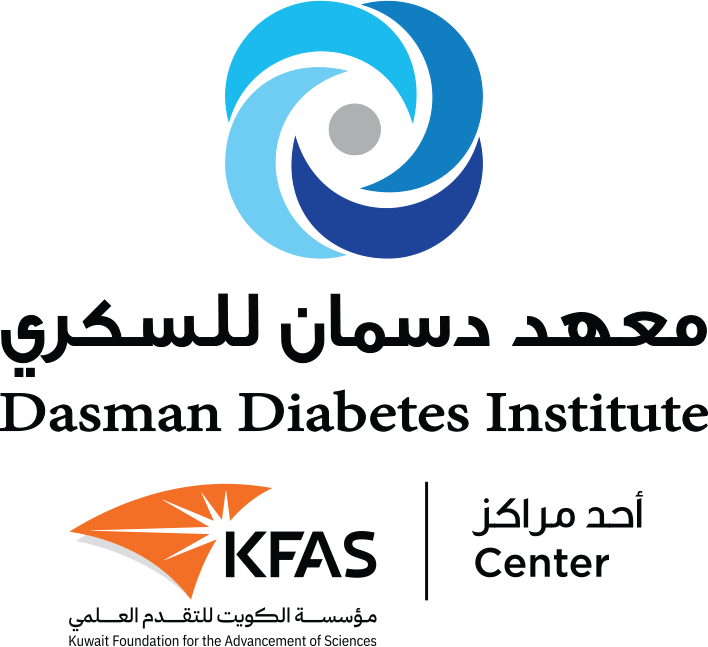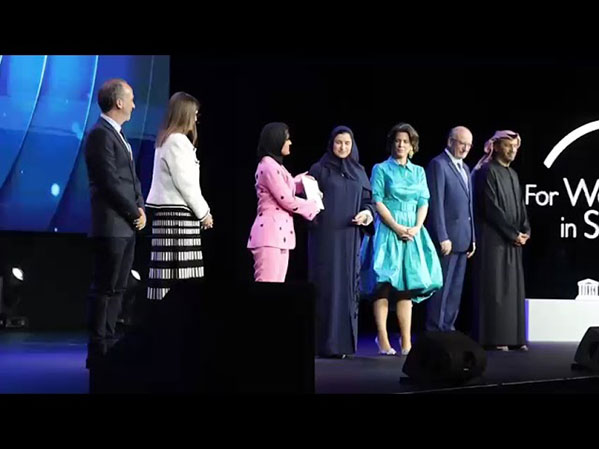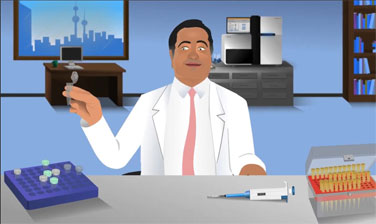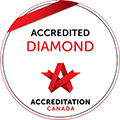As the leading diabetes institute in the gulf region, DDI has contributed vastly to the understanding of this disease and its associated ailments, regionally. The Patent & Research Translation Office (PRTO) is an organizational entity specifically developed through collaborations with multiple renowned law firms in the United States aiming to generate or resolve patents on novel findings within DDI.
Through PRTO, we aim to not only develop our staff and aid them in reaching their full potential, but also translate their findings to industry. DDI aims to further scientific productiveness while maintaining our core values in fighting diabetes nationwide, ultimately utilizing PORT in concordance with DDI’s mission “to prevent, control and mitigate the impact of diabetes and related conditions in Kuwait…”
What is a patent?
A patent is a federal government document conferring the inventor’s ownership of a concept or invention, not permitting any other entities to produce, sell or use said invention for a specified amount of time, supporting unique and useful inventions to society. Patents can be categorized into three distinct, but not mutually exclusive, types:
- Utility Patents: given to new chemicals, machinery or processes.
- Design Patents: Provided to protect a new design or appearance of an industrial object, like surface ornamentation or the design of an object.
- Plant Patents: Provided for the creation and asexual reproduction of novel and distinct plant varieties, including hybrids.
When to patent?
For an invention to meet patenting criteria, it should be non-obvious and novel. Inventions are only considered novel if they are distinctively different from comparable objects in one or more parts, in addition to not being previously sold, used or patented by another entity within a year of filing for said patent. This process aids in encouraging prompt disclosure of technological development.
Non-obvious inventions refer to discoveries that are considered unexpectedly developed but useful by experts in the relevant field.
Newly discovered naturally occurring substances and laws of nature are not eligible for patenting, nor are fundamental truths, abstract principles, calculation methods and mathematical formulas. However, formulas that use any of the above are subject to patenting. Unlike formulas, patents cannot be obtained for a suggestion or idea; the inventor would have had to pinpoint the concrete means of implementing their ideas to secure a patent. In addition, patents will not be granted for inventions that are considered unsafe drugs or are not backed by a legal purpose.
Any inventions being considered for patenting must be shown to be useful, operable, and carry some beneficial use. For example, a composition of matter could include a mix of ingredients or a novel chemical compound. Or an improvement could be considered any addition or change to an accepted process/procedure, machine or composition. Said categories encompass anything produced by humans and their process of manufacture. Computer software, hardware, chemical formulas and procedures, genetically engineered bacteria, plants, animals and viruses, drugs, medical and musical equipment.
What is the process of acquiring a patent?
Unlike applying for a copyright, applying for a patent is not instantaneous and is not produced automatically. The inventor must submit a patent application to Dr. Veeramani Marimuthu patent@dasmaninstitute.org with required documents.
The committee will review and forward to the appropriate Law office designated by DDI for the Preliminary Patent Search with required Fee.
The application must be submitted within the time-span of a year of publicly disclosing their invention.
The attorney of the inventor or patent agent will conduct a preliminary patent search before actually applying for a patent. This process allows them to determine the practicality of proceeding with their application. The patent application, along with a fee are received by the U.S. Patent and Trademark Office (PTO) to be studied by a patent examiner.
Another fee is required of the patent is accepted, followed by the government publishing a description of the item and its uses. The prosecution of a patent before the PTO can only be conducted by a patent attorney or a patent agent. Utility and plant patents extend for 20 years from the date of application. However, design patents last 14 years. Upon patent expiry, the invention is considered public property and is open for use or sale by anyone.
Patent Infringement
If there are suspicions of the inventor’s product being used without permission, a lawsuit may be carried out against the infringing party. Agreement of the court may lead to the patent holder receiving compensation covering costs, attorney fees, damage representative of royalties lost, and an injunction.
Conclusively, a patent allows the inventor to license their invention to other companies/businesses personally. Failure to secure a patent on a novel invention can lead to loss of ownership of the invention, along with any benefits or royalties which may result from it.
Kindly submit the completed Patent Request form and the Patent Acknowledgement & Commitment Form to Dr. Veeramani Marimuthu by
Patent Committee
The Patent Committee is appointed by the Director General of DDI. The Committee acts as an oversight committee to the Patent and Research Translation Office (PRTO) at DDI. These oversight functions include but are not limited to reviewing the functioning of the PRTO, Policy interpretation, and Policy recommendations on intellectual property, protection of inventions and licensing of Institute.
The Patent Committee must approve exceptions to standard Institute intellectual property Procedures, proposed royalty distributions and related matters. The Committee may, upon request, advise the Institute administration on disputes involving intellectual property issues.
Documents needed
As the leading diabetes institute in the gulf region, DDI has contributed vastly to the understanding of this disease and its associated ailments, regionally. The Patent & Research Translation Office (PRTO) is an organizational entity specifically developed through collaborations with multiple renowned law firms in the United States aiming to generate or resolve patents on novel findings within DDI.
Through PRTO, we aim to not only develop our staff and aid them in reaching their full potential, but also translate their findings to industry. DDI aims to further scientific productiveness while maintaining our core values in fighting diabetes nationwide, ultimately utilizing PORT in concordance with DDI’s mission “to prevent, control and mitigate the impact of diabetes and related conditions in Kuwait…”







